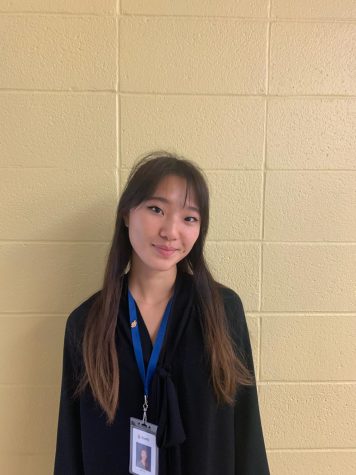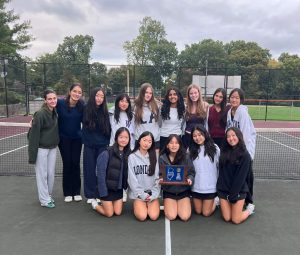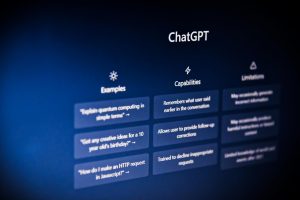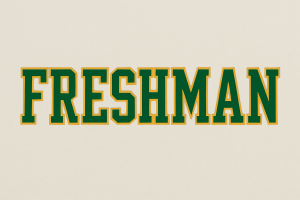Asian Hate Crimes: What the Media Doesn’t Cover
March 25, 2021
Lunar New Year is the most significant holiday in many Asian cultures, but the celebration this year was met with staggering instances of violent attacks directed at the AAPI (Asian American and Pacific Islander) community. Anti-Asian hate crimes have skyrocketed—over 20 assaults and robberies were reported in Oakland, California alone in the last two weeks. In fact, since COVID-19 started, there has been a 1,900% increase in hate crimes against Asians in New York City, according to the NYPD.
Here is a timeline of events you may not have seen in the news:
January 27 – “Man Charged With Hate Crimes After Kicking, Spewing Racial Slurs at Asian Woman in Portland,” according to NextShark.
January 28 – 84-year-old Thai immigrant, Vicha Ratanapakdee, was slammed to the pavement by a teenager and died from injuries sustained.
January 29 – A man was robbed at gunpoint outside of his home in Oakland; A woman was dragged by car in Oakland Chinatown while fighting for her belongings.
January 31 – 91-year-old man in Oakland Chinatown was punched and knocked down; he later died; The same man attacked a 55-year-old woman and a 60-year-old man.
In the last week of January, over a dozen Asian-owned businesses were vandalized in Portland alone, according to the Asian Pacific American Network of Oregon.
February 2 – 19-year-old Chinese-American Christian Hall was killed by the state police during a mental health crisis.
February 3 – A 61-year-old Filipino-American Noel Quintana had his face slashed in half with a box cutter on the NYC subway after asking someone to stop kicking his backpack.
February 3 – A 64-year old Vietnamese-American grandmother was assaulted and robbed in San Jose.
February 4 – A father was robbed and shot while walking to the mall with his wife and two-year-old in Los Angeles.
February 6 – A Chinese man had his vehicle stolen while he was making DoorDash food deliveries. His 1-year-old and 4-year-old were kidnapped, as they were still in the car; Oakland’s Vietnamese American Community Center was burned down.
February 16 – A 68-year old woman and 71-year-old woman were assaulted in separate attacks in the New York City subway.
March 10 – A woman was charged with hate crime after spitting on Asian man.
March 16 – Eight Asian women killed in a mass shooting hate crime in Atlanta.
According to CBS, “more than 2,100 anti-Asian American hate incidents related to COVID-19 were reported across the country over a three-month time span between March and June [2020].” But where is the media coverage? Asian Americans are the fastest-growing racial group in the U.S., according to the Pew Research Center. Then why is it that the media is silent until celebrities and well-known figures start speaking up about it?
Many of these attacks are targeted towards the elderly—a vulnerable population. These incidents are stemming from xenophobic and racist sentiments in the United States. “These attacks on Asian Americans getting [zero] media coverage is disgusting & heartbreaking,” wrote Arden Cho on Instagram, an American singer and actress. “I’ve been pushed off a bus, kicked in the face, beat up to the point of broken bones & teeth, sent to the hospital numerous times, all while being called chink & gook before the age of 15… I’ve never had justice, or a genuine apology. I was told to just ignore, forgive & not make waves.”
Donald Trump’s rhetoric has redirected anger towards Chinese Americans. He publicly referred to the COVID-19 virus as the “Chinese virus” many times, which was then taken on by other officials such as Mike Pompeo and Kevin McCarthy. The World Health Organization intentionally averted from assigning a location-specific name to minimize potential bigotry. Viruses do not have nationalities; calling the coronavirus the “Chinese virus” only fuels aggression and places the AAPI community in danger. In April, a man stabbed three members of an Asian-American family—including a two-year-old and six-year-old—because he thought they were carrying the “Chinese virus.” Though anti-Asian racism is nothing new, the virus has given people an excuse to be more brazen about it. COVID-19 is not an excuse to be xenophobic or anti-Asian.
When people of color are pitted against each other in fits of hate crimes, only white supremacy wins. “White supremacy makes the oppressed think we all need to fight for a larger slice of the pie we’re given. When in reality, we’re at the kids table and white supremacy has an abundance of pies sitting separately while at the grown ups table,” user @sophfei wrote on Instagram. “White supremacy gives us one measly kids pie to fight it over with to distract from their table of wealth and access. While simultaneously whispering to us, that we as Asian Americans are the ‘model minority’ and [are] so much better than the other ‘kids’ at the table.” These hate crimes are not covered in the media with the same urgency as given to white communities. As Asian Americans, our voices are often neglected because we are viewed as the “model minority,” meaning we have proximity to whiteness. “I have spent more time unlearning other manifestations of white supremacy than I have with the model minority myth. But I guess that’s what the myth does,” wrote @itsjiyounkim on Instagram. One in four young Asian Americans have experienced some form of anti-Asian hate since the pandemic started, according to a study conducted by the Stop AAPI Hate Youth Campaign. Yet there is hardly any coverage on the media apart from Asian-advocacy groups on social media; “I am tired of never being seen. From the histories of the Chinese massacres of 1871 that [were] not taught in schools… my people are now dying on the street and they will not show our faces,” wrote @diversifyournarrative on Instagram, a student-led initiative fighting for racial justice.
Systems such as yellow peril, xenophobia, and the model minority myth were all introduced to reinforce white supremacy. We all have a voice and the right to speak up. For every act that is caught on camera, there are still many that go unseen. We must denounce racism against Asians without being anti-Black or pro-police; silence is compliance and we must speak out against oppression.

















































































































































